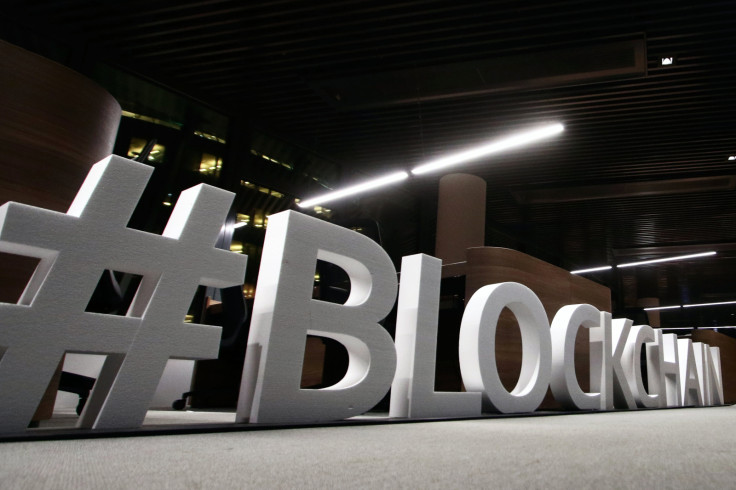How decentralisation is expanding the possibilities of finance
Using the underlying power of blockchains, decentralisation has the potential to improve the efficiency, reliability, and accessibility of finance for people around the world.
Finance is an essential human endeavor. Ever since the neolithic revolution allowed people to specialize in individual crafts and trades, money has been the medium of exchange that ensures a person whose job is to make one sort of good is able to obtain all the other things needed in life. Finance isn't inherently good or bad; like fire or electricity, it is simply a tool humans have harnessed to build the modern world.
And just like other tools that have been developed and harnessed, finance is fluid, not static. It is subject, in particular, to technological change. In most pre-modern societies, for instance, wealth was based on physical land and the resources it produced. It was only in renaissance Italy that money, as such, became central to the world's economies — a change that facilitated transformational shifts like double-entry bookkeeping and joint-stock companies, laying the foundation for today's modern world.
Today we are on the threshold of another revolution in finance, driven by a single, powerful word: decentralization.
Decentralisation promises to open up almost unlimited new possibilities for the way people access and use financial systems. It promises a new paradigm — decentralized finance, or DeFi — that can expand access to essential functions like banking and credit while reducing inefficiencies and improving safety. Using the underlying power of blockchains, it has the potential to improve the efficiency, reliability, and accessibility of finance for people around the world.
Expanding access to finance
One of the biggest pain points in the traditional economy is in the area of lending. Even in the developed world, many people lack, or are actively denied, access to credit. While this may not be top-of-mind for many people, it is an essential financial need; almost no one in the world has the capital to buy a house outright, for example. The way people become homeowners and build wealth through equity is by borrowing money up front. But many people are denied this fundamental opportunity; according to the World Bank, nearly one-third of the world's population currently lacks access to finance.
The world's traditional, centralized financial systems are drivers of this inequality. Opaque gatekeepers such as credit rating agencies make determinations of a person's "worthiness" to borrow money, denying those without existing connections or paper trails. The result is that those with wealth are able to obtain even more money, accessing more opportunities and further increasing the value of their assets, while those locked out remain stuck in place.
The ability to save money is another core economic function from which many people around the world are shut out. And those who do have access to savings accounts are forced to accept sub-inflation interest rates for their deposits — even though this money is what makes possible the lending by which banks generate their billions of dollars in revenue.

Now, decentralization is shifting this paradigm. Networks built using smart contracts are maintained, expanded and managed by vast decentralized networks of "nodes": individual computers that collectively validate and immutably record every transaction. This governance by consensus both eliminates the need for gatekeepers and facilitates a more transparent, efficient system with no single point of control or failure.
Suddenly, anyone with a computer — no matter where they live — has access to savings. Because networks are decentralized, there are no gatekeepers to determine who is allowed to deposit, borrow or lend assets. Because they are digital and accessible via desktops or mobile devices, people can use them even if they live in a place without traditional financial infrastructure.
Moreover, decentralized finance services can move beyond the near-zero interest currently offered by banks around the world. This is because of the unique architecture underpinning many decentralized networks: people "stake" assets and earn rewards for performing various roles. These staking rewards have the potential to be many times greater than traditional savings interest. Indeed, whole new asset classes have begun to crop up, offering staking services and sharing these benefits with larger and larger numbers of people.
Still, one key challenge for decentralized financial markets will be accessibility: to truly thrive, people must be able to use these systems with minimal cost, hassle and risk. And while crypto projects — including DeFi platforms — are still in the early stages of their development and user experience, developer teams are already working hard to make these networks as simple and intuitive as traditional banks and lenders.
Traditional financial systems, controlled and operated as they are by centralized gatekeepers, are inefficient and deny access to many around the world. This is both unfair on its face and a massive economic loss for the global economy. Now, we have an alternative. It's time to look to decentralized blockchains to move beyond these limits into a new, decentralized world of finance that offers greater access, more opportunity and fewer barriers to entry.
(Diane Dai is the co-founder of DODO, a decentralized cryptoasset exchange)
This article first appeared in IBTimes.com. Read the original article here.
This article is copyrighted by International Business Times, the business news leader




















